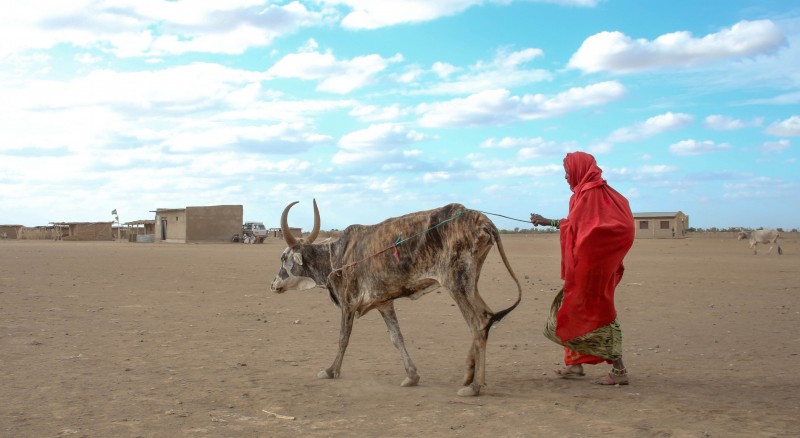Governments will face rising demands for climate compensation unless they crack down on coal, oil and gas companies operating within their authority
That was the conclusion of a report by Australia-based NGO the Climate Justice Programme on Tuesday.
Victims of global warming such as citizens from small island states will increasingly look for redress in the courts, it warned. The scale of damages could dwarf previous mass actions like those against tobacco and asbestos companies.
“Although there is this group of fossil fuel corporations who have been the primary actors in climate change, governments have colluded to allow them to continue to be so embedded in the economy,” Australian lawyer and report co-author Keely Boom told Climate Home.
“If governments don’t take action against fossil fuel companies it is likely they will be targeted themselves.”
It is an issue that divides top US public lawyers, who are meeting this week in Vermont.
Seventeen attorneys general are investigating allegations that ExxonMobil misled the public about the dangers of climate change caused by burning fossil fuels.
Thirteen of their Republican colleagues have hit back, arguing in a letter that renewable energy companies had conversely exaggerated the risks.
“Using law enforcement authority to resolve a public policy debate undermines the trust invested in our offices and threatens free speech,” they wrote.
Findings against the oil major could open the door to compensation claims from across the world.
Notably, the Philippines Commission on Human Rights is probing corporate polluters’ responsibility for impacts like villages flattened by intense typhoons.
The Paris climate deal recognised that some people will lose their homes or livelihoods as a result of rising sea levels, creeping desertification or extreme weather.
Rich countries – responsible for the bulk of historic emissions – insisted on a disclaimer: that “does not involve or provide a basis for any liability or compensation.”
Yet victims of human-caused climate disruption can still sue, said Boom. “It doesn’t rule out state liability under [other] international law and it doesn’t impact on the possibility of private liability.”
Litigants can highlight the gap between the Paris aspiration to limit temperature rise to 1.5C and national policies that imply higher levels of warming.
Weekly briefing: Sign up for your essential climate politics update
Campaigners have already scored courtroom victories in national jurisdictions. Urgenda forced the Dutch government to deepen its 2020 emissions target (subject to appeal) and a Pakistani farmer won his case for protection against the impacts of climate change.
Future cases could cross borders, becoming more complex and costly, said Boom: “Climate litigation is likely to be global, and with much bigger damages than seen with tobacco and asbestos.”
The two public health scandals offer precedents for dealing with multiple and systemic grievances.
In the US, state authorities took the lead against big tobacco, resulting in a US$206 billion nationwide settlement over 25 years. Government was less proactive when it came to asbestos and most producers went bankrupt before asbestosis sufferers could get justice.
Comment: Loss and damage meet must deliver for world’s vulnerable
Policymakers would do better to follow the first example, the Climate Justice Programme advises, distancing themselves from fossil fuel industries.
Specific recommendations include banning their lobbyists from UN climate talks and introducing a carbon levy to raise climate compensation funds.
Estimates of the economic losses from climate change vary, depending on the speed of emissions cuts and investment in adapting to impacts.
Analysis by consultancy Climate Analytics for Oxfam puts the macroeconomic damage for developing countries at around $400 billion a year in 2030.
